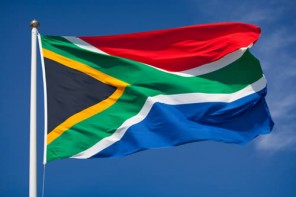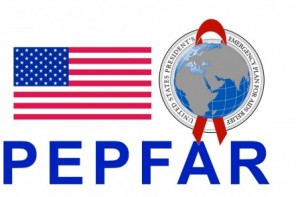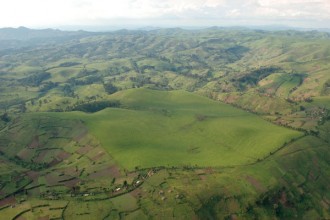No one needs me to tell them to read the New York Times, but I thought Nick Kristof’s column was worthy of a shout out. Here are the parts I want to shout, starting with the one that displays a self-awareness and irony I’d love to see more of on the Times Op-Ed page… (Apologies to Nick Kristof for having a senior moment, in the midst of my youthful prime, and leaving out the link to his column.)
But first, context: If you, like me, miss the whole Portland, Maine, newspaper thing, a catch-up: The local newspaper there ran a picture, on Page One, of Muslims praying on September 11, also known in 2010 as the end of Ramadan (aka Big. Holy. Day.). According to the AP, readers were angry that the paper did not also point out that it was Ramadan; the editor apologized for “not offering balance” to the story. That brings us to…
- “Must coverage of law-abiding Muslims be “balanced” by a discussion of Muslim terrorists? Ah, balance — who can be against that? But should reporting of Pope Benedict’s trip to Britain be “balanced” by a discussion of Catholic terrorists in Ireland? And what about journalism itself? I interrupt this discussion of peaceful journalism in Maine to provide some “balance.” Journalists can also be terrorists, murderers and rapists. For example, radio journalists in Rwanda promoted genocide.”
- “I apologize to Muslims for another reason. This isn’t about them, but about us. I want to defend Muslims from intolerance, but I also want to defend America against extremists engineering a spasm of religious hatred….Many Americans honestly believe that Muslims are prone to violence, but humans are too complicated and diverse to lump into groups that we form invidious conclusions about. We’ve mostly learned that about blacks, Jews and other groups that suffered historic discrimination, but it’s still O.K. to make sweeping statements about ‘Muslims’ as an undifferentiated mass.”
- “The venom on the airwaves, equating Muslims with terrorists, should embarrass us more than you. Muslims are one of the last minorities in the United States that it is still possible to demean openly, and I apologize for the slurs.”
Update: If Kristof’s observations resonate with you, you might want to consider becoming part of Voice of Witness, a publication project that brings the voices of the disenfranchised, marginalized or outright discriminated against to the fore. Their coming volume focuses on the experience of Muslims and Arab-Americans in America after 9/11. These are the kinds of stories that we don’t hear in the mainstream media and that the book seeks to bring to light:
When the floor [at a San Francisco Human Rights Commission meeting] was opened up for public comments, an 8-year-old Sikh boy approached the podium to tell his story. He explained that he was upset because every time his family traveled, he was taken away from his parents and subjected to additional security searches.
He didn’t understand why the security officers took him away from his mother and father and detained him in a glass-walled cubicle. He described the humiliating process with as much detail and grace as an 8-year-old can possibly muster: the way people looked at him strangely, how they made him touch his turban and then wipe his hands on something to test for explosives, the way that this happened every time they took a family vacation.
This little boy, who says he hopes one day to become a police officer, looked up at the commissioners and asked: “Why aren’t the other kids put in a glass cage?”
Voice of Witness is not, as you might imagine, a huge money-maker. They need to raise $5,000 by November 1 to publish their upcoming volume, Who is This Enemy? Narratives of Social Injustice After 9/11. Become part of the effort by clicking here to contribute — or, if you have a story of injustice to share, contacting editor Alia Malek, at alia at voiceofwitness dot com.



